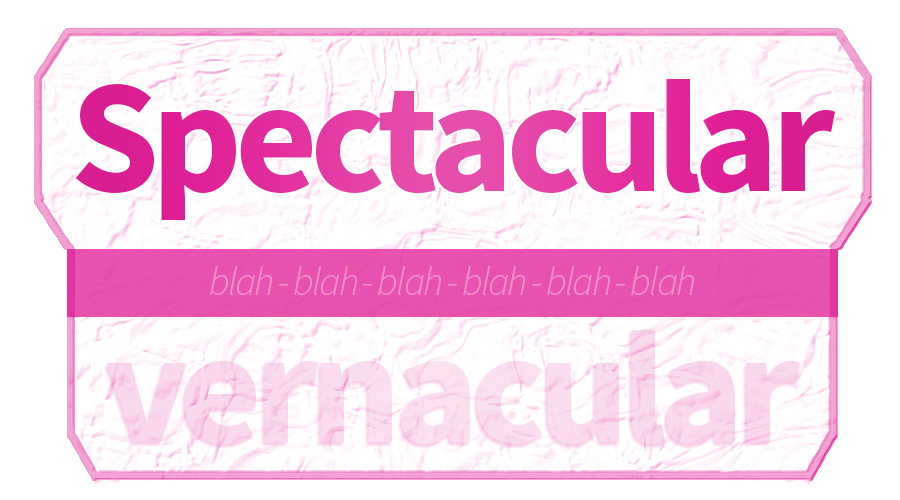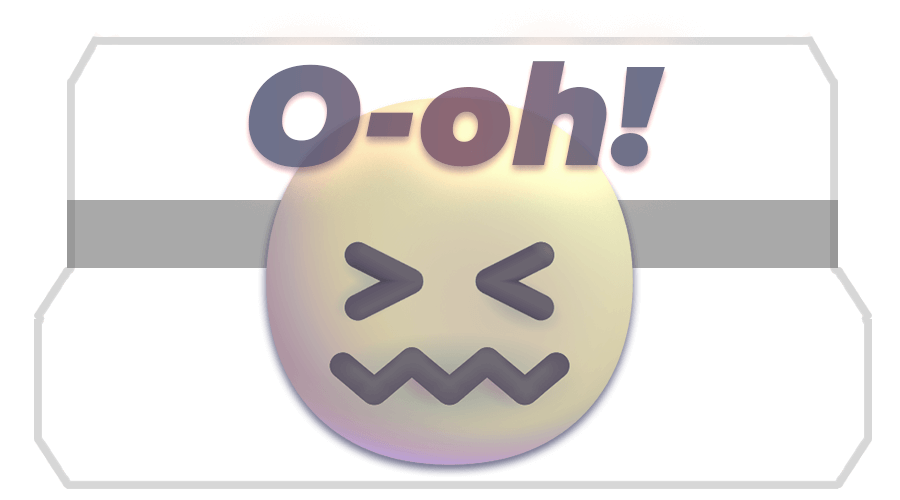AILAGAO 030 Usos da Linguagem: Present perfect simple & Present Perfect Continuous 354AH
Differences in Usage
O presente perfeito simples e o presente perfeito contínuo seguido de for ou since são usados para expressar a duração de uma ação até o momento presente. Enquanto o simples enfatiza o estado ou a experiência resultante, o contínuo destaca a atividade em andamento.
Em português, muitas vezes usamos construções semelhantes – como “tenho cumprido com minhas obrigações” versus “estou cumprindo” – mas a escolha dos tempos verbais pode variar de acordo com o contexto e o significado que queremos transmitir. Assim como no inglês, o português diferencia entre estados permanentes e ações em progresso.
Este conteúdo é útil para compreender como falar da duração de eventos e atividades em inglês. Você o usará para relatar experiências pessoais, eventos passados que têm impacto no presente e ações que continuam ocorrendo, seja em contextos informais ou formais.
Differences in Usage
Ambos o presente perfeito simples e o presente perfeito contínuo seguidos de for ou since são usados para expressar a duração de uma ação até o presente.
O presente perfeito simples é usado:
- com verbos estáticos (be, know, have, own…) que normalmente não são usados na forma contínua.
Original: Tom’s been in hospital for a week.
- I’ve been in hospital for a week.
- My cousin has been in hospital for a week due to a minor surgery, and he is resting comfortably now.
- After a sudden collapse at work, Tom’s been in hospital for a week, receiving intensive care and constant attention from a dedicated team of nurses and doctors who are doing everything possible to ensure his speedy recovery.
Original: She’s known Sally since 1990.
- She’s known Sally since 1990.
- My best friend has known Sally since 1990, cherishing every moment of their long-lasting friendship.
- Ever since 1990, when they first met in college, she’s known Sally, and their bond has grown stronger through decades of shared experiences and challenges.
Original: My parents have always had a dog.
- My parents have always had a dog.
- Throughout their life, my parents have always had a dog as a loyal companion.
- Since my childhood, I remember that my parents have always had a dog, and their constant presence has filled our home with joy and warmth beyond measure.
Original: I’ve owned my car for three years.
- I’ve owned my car for three years.
- I’ve owned my car for three years, and it has never let me down during my daily commutes.
- For the past three years, I’ve owned my car, and it has proven to be a reliable companion on long trips and everyday errands, offering comfort, efficiency, and a sense of freedom every time I drive it.
O presente perfeito contínuo é usado para expressar uma ação que parece não ter sido interrompida.
Original: It’s been raining for a long time.
- It’s been raining for a long time.
- It’s been raining for a long time, and the streets are now flooded because of the continuous downpour.
- For hours now, it’s been raining, with persistent drops that have soaked the entire city, making it nearly impossible to venture outdoors without a sturdy umbrella.
Original: I’ve been typing for three hours.
- I’ve been typing for three hours.
- I’ve been typing for three hours, working on an important report that requires careful thought and constant revision.
- I’ve been typing for three hours, diligently preparing a detailed proposal that outlines every aspect of the project—from preliminary research to the final analysis—with no sign of stopping soon.
Original: I started typing three hours ago and I’m still typing.
- I started typing three hours ago and I’m still typing.
- I started typing three hours ago and I’m still typing, as I haven’t finished organizing my ideas yet.
- I started typing three hours ago and I’m still typing, because the inspiration keeps coming and I need to capture every thought before it slips away, which sometimes makes it difficult to stop.
Alguns verbos, por exemplo live, work, play, podem ser usados tanto com o presente perfeito simples quanto com o presente perfeito contínuo.
Original: “How long have you lived / have you been living in London?”
- How long have you lived in London?
- How long have you been living in London? I’ve lived here since I was a child.
- How long have you lived in London? I’ve been living here for over two decades, experiencing the ever-changing culture and vibrant community.
Original: “We’ve lived / We’ve been living here for a very long time.”
- We’ve lived here for a very long time.
- We’ve been living here for a very long time, cherishing the memories of every season and every celebration with our neighbors.
- We’ve lived here for a very long time, and our experience in this community has been enriched by the deep connections we’ve formed over the years, making every day a new chapter in our shared history.
Original: He has worked / has been working for the same firm since 1992.
- He has worked for the same firm since 1992.
- He has been working for the same firm since 1992, steadily rising through the ranks with his dedication and expertise.
- He has worked for the same firm since 1992, and over the decades his consistent performance and loyalty have made him an invaluable asset, contributing significantly to the company’s long-term success.
Original: He started working for that firm in 1992 and he’s still working there.
- He started working for that firm in 1992 and he’s still working there.
- He started working for that firm in 1992 and he’s still working there, showing remarkable consistency and dedication throughout his career.
- He started working for that firm in 1992 and he’s still working there, a testament to his enduring commitment and the trust the company has placed in him over many years.
Original: They’ve been playing football for an hour. (without stopping)
- They’ve been playing football for an hour.
- They’ve been playing football for an hour without stopping, displaying remarkable stamina and teamwork.
- They’ve been playing football for an hour without stopping, which shows their intense passion for the game and the high level of energy they maintain throughout the match.
Original: They’ve played football since 2005. (took up the sport in 2005 but haven’t been playing continuously!)
- Exemplo 1: They’ve played football since 2005.
- Exemplo 2: They’ve played football since 2005, although not continuously, having taken breaks in between seasons.
- Exemplo 3: They’ve played football since 2005, which indicates that they took up the sport that year, but their playing has been intermittent as they often stop during the off-season or when other commitments arise.
APLICAÇÃO NAS ARTES
| Literatura | Música |
|---|---|
| From “To Kill a Mockingbird” by Harper Lee, 1960: “I’ve been observing the slow changes in our town for years, watching as the winds of time reshaped familiar streets into something new while retaining echoes of the past in every corner. The narrative reflects a continuous observation of life’s subtle transformations.” |
Excerpt 1: “I’ve been walking these streets all day, I feel the pulse of the city in every step, And my heart beats to its rhythm.”Excerpt 2: “I’ve been singing my song in the rain, Each drop a note in a melody of hope, Washing away all my doubts.”Excerpt 3: “I’ve been dreaming of a brighter day, The stars whisper secrets in the night, And I chase the dawn with every breath.” |


















